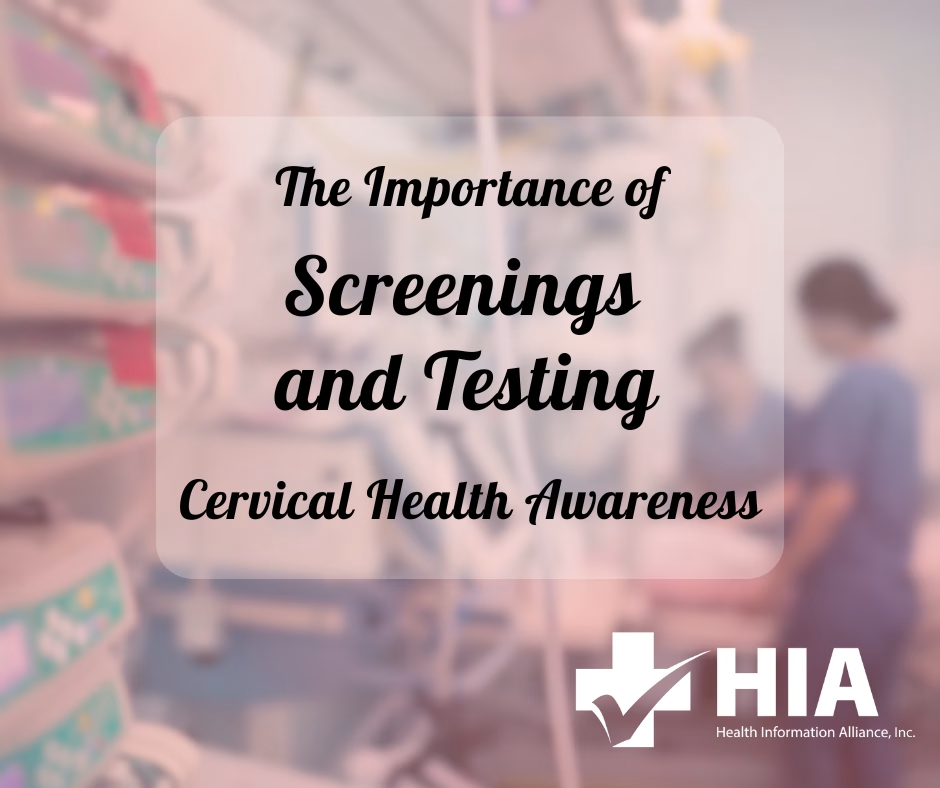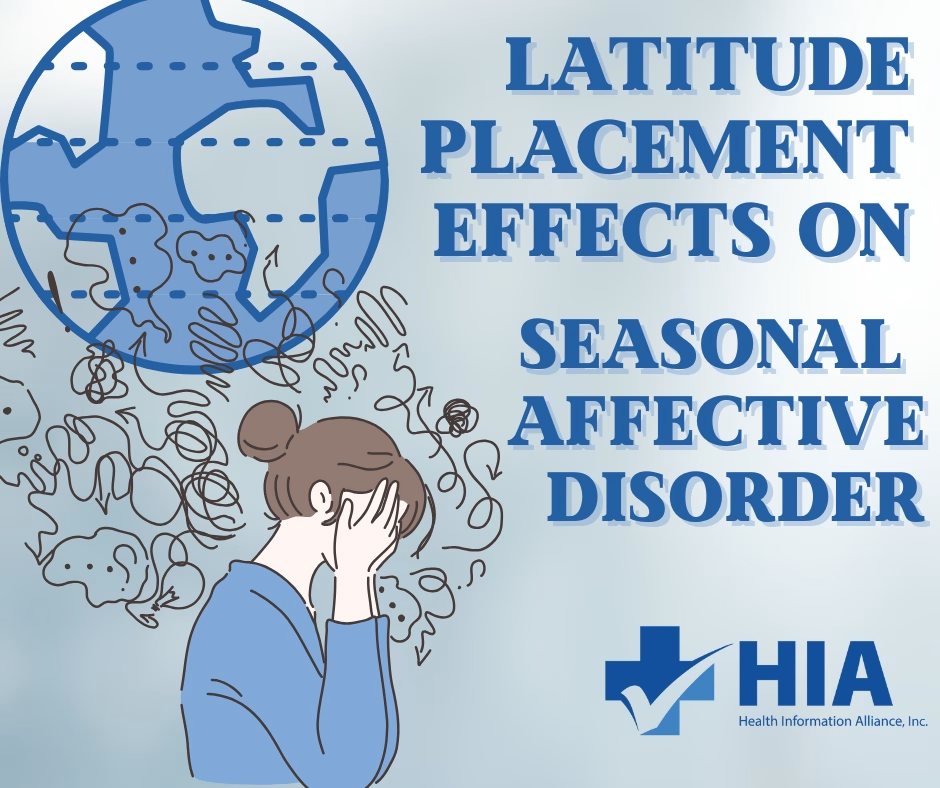Alzheimer’s: What’s Going On in the Brain?
Alzheimer’s disease falls under the umbrella of dementia. It is the most common cause of dementia, especially among older adults. In most studies, Alzheimer’s accounts for 60-80 percent of dementia cases. Alzheimer’s is a progressive neurodegenerative disorder that affects memory, thinking, and behavior, to name a few. Although its symptoms typically develop slowly, the disease gradually worsens over time and eventually interferes with daily tasks.
Alzheimer’s starts off relatively slowly in most cases, but it is a progressive disease. The longer it progresses, the symptoms and effects take a toll on those individuals. Symptoms such as memory loss can start relatively mild. Forgetting new information that could be presented to someone is common, and the same with slower speech patterns; harder to think about a topic in conversation. Alzheimer’s first starts to take effect in the Hippocampus (Temporal Lobe) area of the brain; the vital region of the brain for memory formation and learning new information.
As the disease progresses, neurons in the brain begin to lose their ability to function and eventually die. This leads to brain atrophy, or shrinkage. Entire regions of the brain, including areas responsible for language, judgment, and bodily control, may become severely damaged. By the late stages of Alzheimer’s, the brain has shrunk significantly, and damage is now widespread. Memory loss is severe, and confusion and disorientation are now a near daily occurrence. Problem solving, reasoning, and difficulty with cognitive motor skills have now become a critical issue as well. With Alzheimer’s progressing, individuals may forget familiar faces, become lost in once-familiar places, and lose the ability to perform everyday tasks. In the advanced stages, people affected may be unable to speak, respond to their environment, or control basic movement.
In conclusion, Alzheimer’s disease is a devastating and progressive condition that severely impacts the lives of those affected, as well as their loved ones. From early signs of memory lapses to the eventual loss of independence and communication, the disease steadily erodes cognitive and physical abilities. As the most common form of dementia, it underscores the urgent need for continued research, awareness, and compassionate care strategies.






